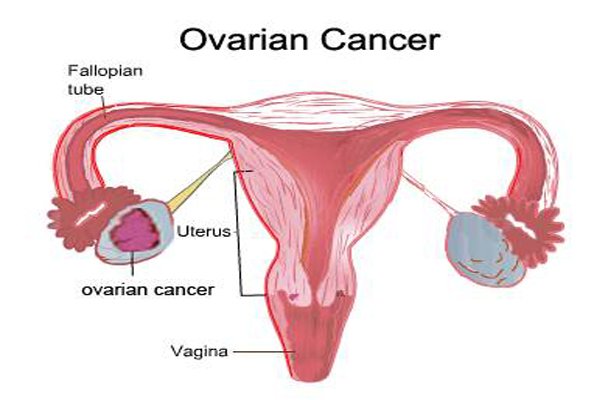For many women, the early warning signs of ovarian cancer can be subtle and easily overlooked. Understanding these symptoms can be the key to early detection and potentially life-saving treatment. While ovarian cancer often goes unnoticed until it reaches advanced stages, being aware of the initial indicators can make a significant difference in diagnosis and prognosis.
Recognizing the Subtle Signs
Ovarian cancer is often referred to as the “silent killer” because its early symptoms can be mistaken for common digestive or menstrual issues. However, persistent changes in your body should never be ignored. Here are the most critical early warning signs to watch for:
Persistent Bloating and Abdominal Discomfort
One of the most telling signs of ovarian cancer is consistent bloating that doesn’t resolve. Experts suggest that bloating lasting every day for up to three weeks is not normal and warrants medical attention. Women often report feeling:
- Unusual abdominal distension
- Persistent discomfort in the pelvic area
- A feeling of heaviness or pressure in the abdomen
Digestive and Appetite Changes
Ovarian cancer can dramatically impact your digestive system and appetite. Key symptoms include:
- Sudden loss of appetite
- Feeling full quickly, even after eating small amounts
- Persistent indigestion or nausea
- Unexplained changes in bowel habits like constipation or diarrhea
Urinary and Reproductive Symptoms
Many women experience unexpected changes in urinary and reproductive functions, such as:
- Frequent urination
- Abnormal vaginal bleeding
- Significant changes in menstrual cycles
- Pain during sexual intercourse
Beyond the Physical: Additional Warning Signs
Ovarian cancer doesn’t just manifest through physical symptoms. Many women report experiencing:
- Unexplained weight loss or gain
- Extreme fatigue
- Lower back pain
- A general sense of feeling unwell
Why Early Detection Matters
The importance of early detection cannot be overstated. When ovarian cancer is diagnosed at an early stage, the five-year survival rate is significantly higher. Unfortunately, most women aren’t diagnosed until the disease has advanced to stage III or IV, which dramatically reduces treatment effectiveness.
Taking Action
If you experience any of these symptoms persistently for two to three weeks, it’s crucial to:
- Schedule an appointment with your gynecologist
- Keep a detailed log of your symptoms
- Undergo recommended screenings
- Consider genetic testing if you have a family history of ovarian or breast cancer
Treatment and Support
Modern medicine offers several treatment options for ovarian cancer, including:
- Surgical intervention
- Chemotherapy
- Targeted therapy
- Immunotherapy
Building a strong support system is equally important. Family, friends, support groups, and professional counseling can provide emotional strength during treatment.
Final Thoughts
While these symptoms don’t necessarily mean you have ovarian cancer, they should never be ignored. Trust your body and seek medical advice if something feels consistently wrong. Early detection can be the difference between a challenging battle and a manageable treatment journey.
Remember, you are your own best advocate. Stay informed, listen to your body, and prioritize your health.





